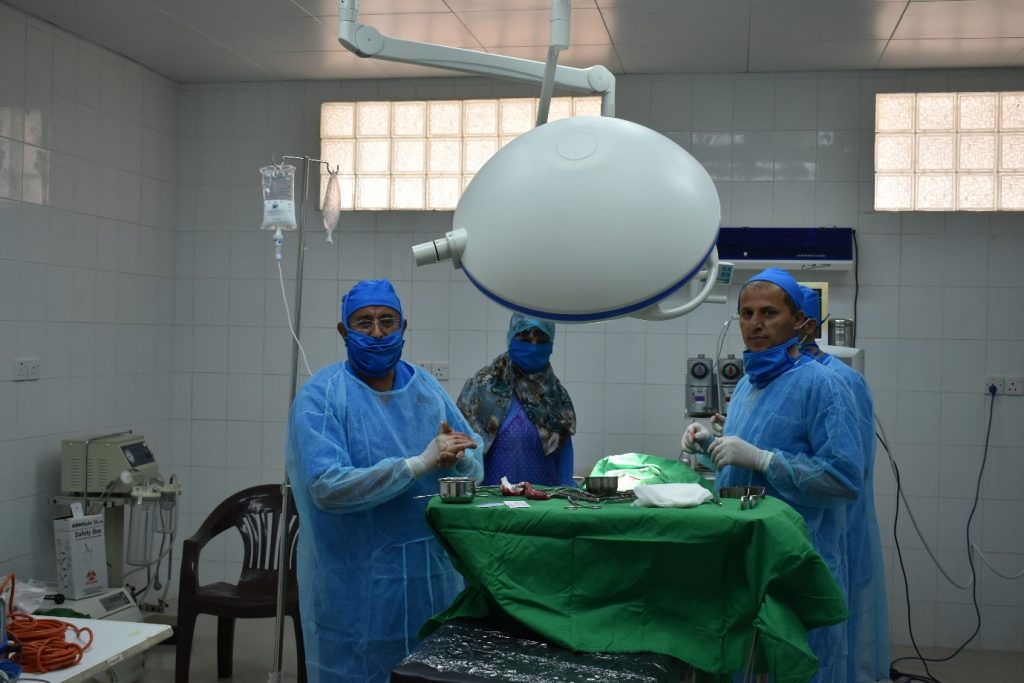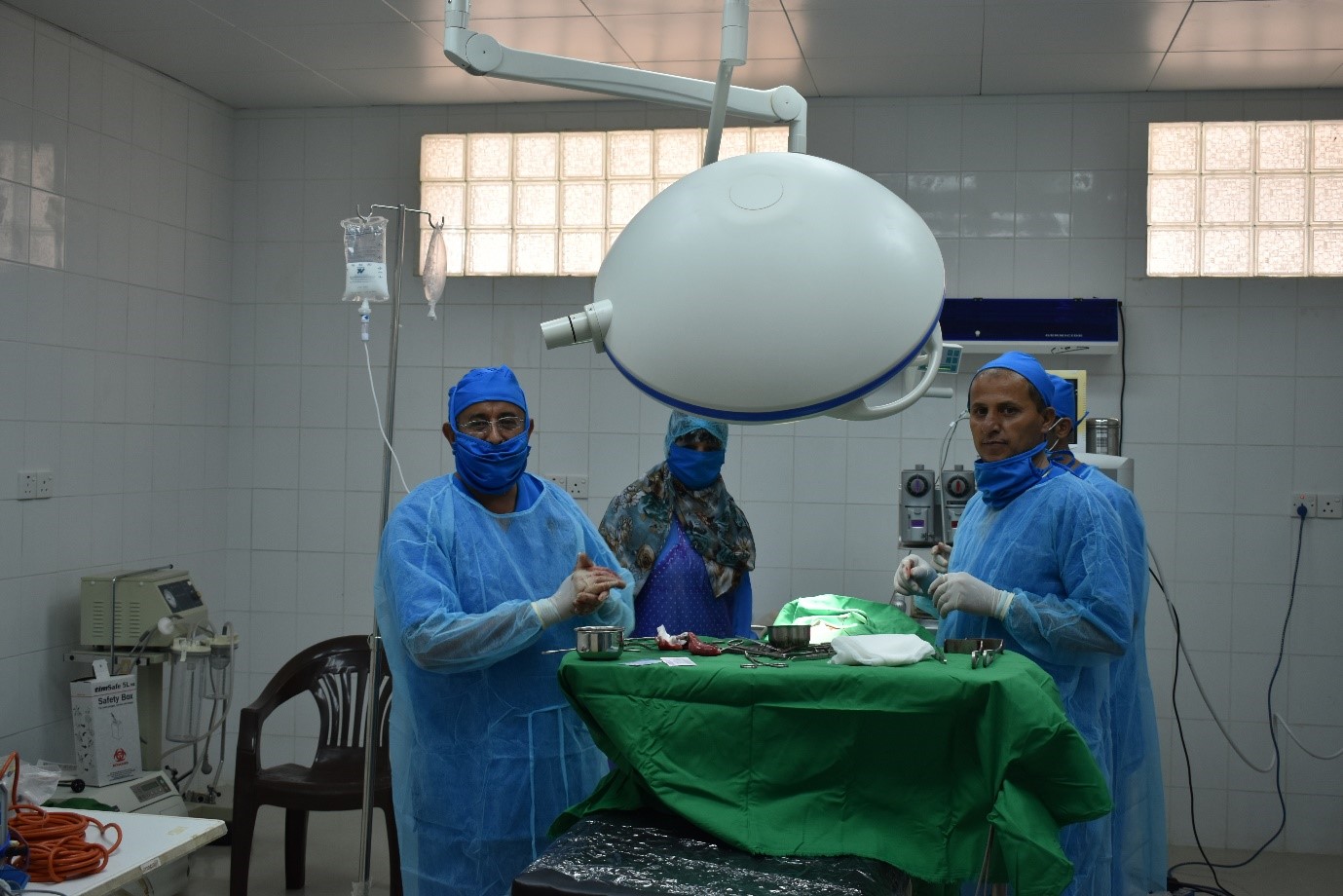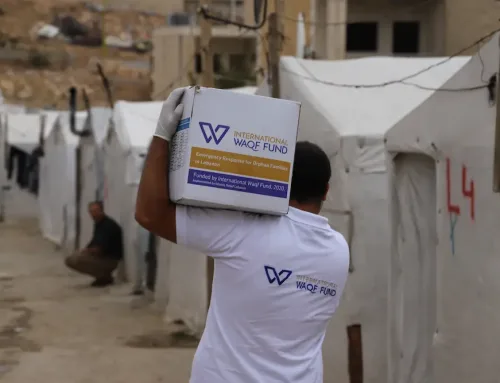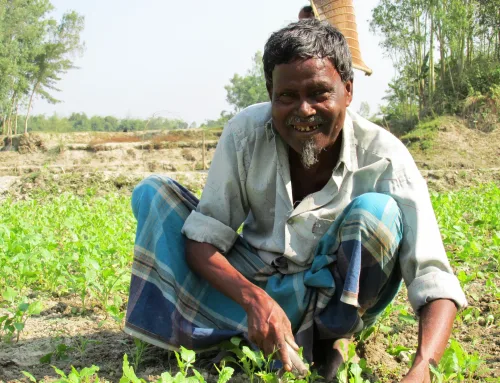Since 2015, ongoing conflict in Yemen has led to the country’s rapid economic decline. Approximately 80% of Yemen’s population (24 million people) are in desperate need of humanitarian aid to survive. Around 3.3 million people are internally displaced and 17.8 million are in desperate need of water and sanitation. Making this the world’s largest humanitarian crisis.
Unfortunately, Yemen’s economic downturn has also resulted in the collapse of their healthcare system. An estimated 19.7 million people are in need of basic healthcare. As a result, affecting the local population through outbreaks of diseases such as cholera, measles, diphtheria and dengue fever. In addition to all these health challenges, the outbreak of Covid-19 has added further strain on already struggling system and its citizens.
At present, around 20.1 million people in Yemen are food insecure. A staggering 3 million children and pregnant women are acutely malnourished. Sadly, children are the most disproportionately affected. With over 2 million children and young people now out of school. Following the outbreak of Covid-19, this number has since doubled. A total 5 million children are no longer receiving an education.
The effects of the conflict in Yemen are multifold. Thousands of people have died and millions are now struggling to survive.
International Waqf Fund supported healthcare needs in Yemen
In 2019, we focussed one of our emergency relief projects on providing healthcare assistance in Yemen. This particular project was a continuation of previous work undertaken by our parent organisation Islamic Relief. The previous project in the Al Soodah district had closed. Unfortunately, there was no other NGO to fill the gap in service provision, so we intervened to ensure the sustainability of the hospital.
We sustained and equipped one surgical department in this hospital for a duration of three months, with the purpose of providing life-saving operations for residents in the Al Soodah district. In total, we facilitated free surgical operations to a total of 932 patients. In addition to setting up the surgical department, we also funded the salaries of two health specialists, one surgeon and one anaesthetic specialist.
As a result, this project enabled us to improve the health of affected citizens and reduce both morbidity and mortality rates.






